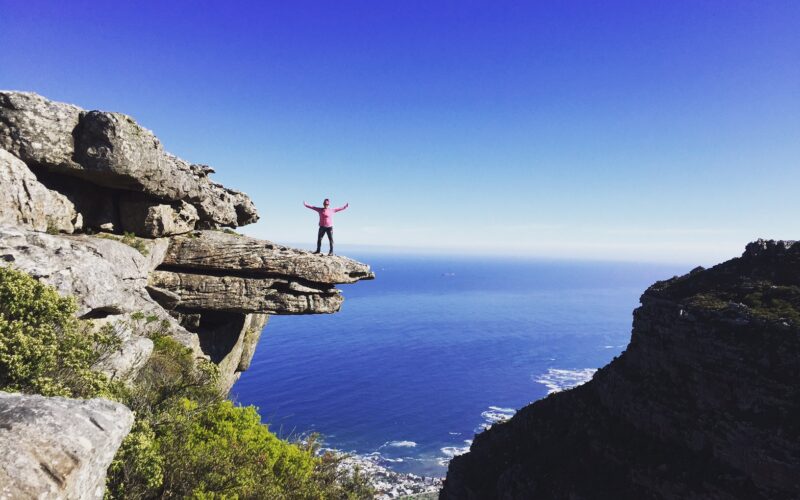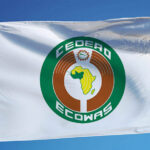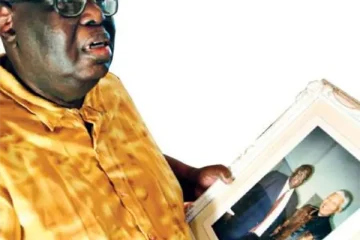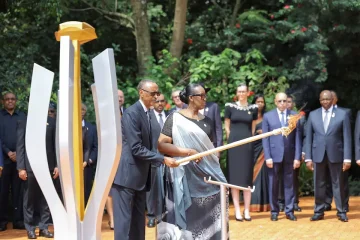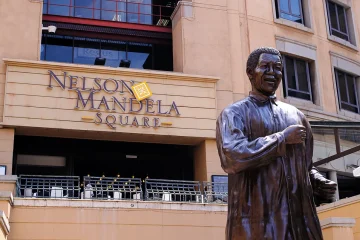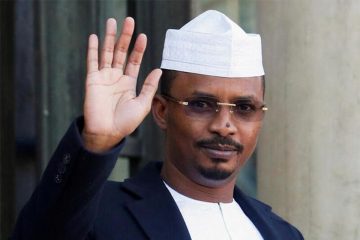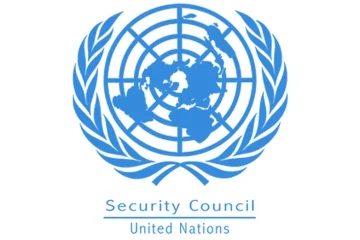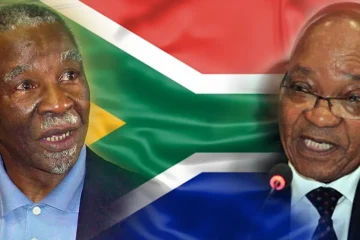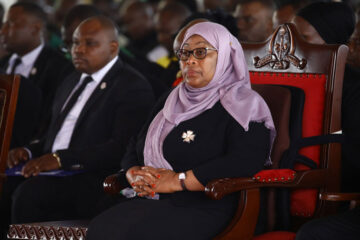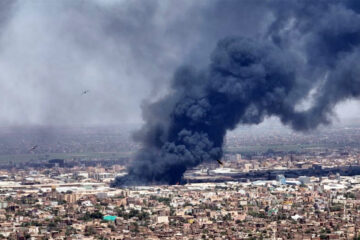NONTOBEKO HLELA
IN the recent past there has been a resurgence in the importance of the African continent to outsiders. This new ‘scramble’ for Africa – the intense rivalry between today’s big powers, the US, China, Britain and France has already led to military intervention in several African countries, most recently Mali and Libya, the establishment of the US African Command (AFRICOM), in addition to economic and other forms of intervention and external interference throughout the African continent.
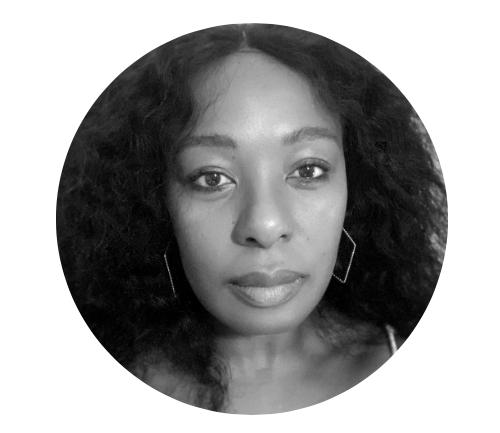
In 2019 the US released its New Africa Strategy (2019) which states: ‘Great power competitors, namely China and Russia, are rapidly expanding their financial and political influence across Africa. They are deliberately and aggressively targeting their investments in the region to gain a competitive advantage over the United States’. In 2020 the EU released a report called Towards a Comprehensive Strategy with Africa (2020), which worried about ‘competition for natural resources’. This suggests that the continent will increasingly be a place where international rivalries play out.
Governments and businesses from all around the world are rushing to strengthen diplomatic, strategic, and commercial ties with the continent. From 2010 to 2016 more than 320 embassies were opened in Africa, probably the biggest embassy-building boom anywhere, Turkey alone opened 26. America and France continue to give military muscle and technology to “anti-jihadism” in the Sahel. China is now the biggest arms seller to sub-Saharan Africa and has defence-technology ties with 45 countries. Russia has signed 19 military deals with African states since 2014. Oil-rich Arab states are building bases on the Horn of Africa and hiring African mercenaries.
The new scramblers want more than just a share of what Africa has; they want a stake in what it is now trying to build—in the economies and growing global stature of the world’s second-most-populous continent, the UN has predicted that by 2025 there will be more Africans than Chinese people.
The United States has 29 known military facilities in 15 countries on the continent, while France has bases in 10 countries. From 2010 to 2012, Africom itself burned up $836-million as it expanded its reach across the region, primarily through programmes to mentor, advise and tutor African militaries. Using the pretext of the conflicts in Libya and Mali, France and the United States intervened militarily across the Sahel.
In 2014, France set up the G-5 Sahel, a military arrangement that included Burkina Faso, Chad, Mali, Mauritania, and Niger, and expanded or opened new military bases in Gao, Mali; N’Djamena, Chad; Niamey, Niger; and Ouagadougou, Burkina Faso. The United States, for its part, built an enormous drone base in Agadez, Niger, from which it conducts drone strikes and aerial surveillance across the Sahel and the Sahara Desert.
In 2017 Turkey built its largest overseas military base, and its first in Africa, in Somalia.
Saudi Arabia and the UAE have launched attacks into Yemen from their positions in the Horn. Saudi Arabia has also recruited soldiers from Sudan, some of them children. It is also thought to be keen to open a base in Djibouti; the UAE is set to open a new one in neighbouring Somaliland.
China’s military influence stretches well beyond the base in Djibouti. Last year the People’s Liberation Army (PLA) conducted exercises in Cameroon, Gabon, Ghana and Nigeria.
Chinese expansion on the continent has worried other Asian powers. Japan is enlarging its base in Djibouti.
India is developing a network of radar and listening posts around the Indian Ocean, though plans for a base in the Seychelles were blocked by that country in 2021. In March this year the Indian army hosted its first military exercises with a number of African countries.
European countries are stepping up their presence in the Sahel, aiming both to quell Islamic terrorism and stem the flow of migrants to Europe. The EU is also supporting soldiers from the “G5 Sahel” group of Burkina Faso, Chad, Mali, Mauritania and Niger.
Though its role in the CAR is the most high-profile, Russia has been intensifying its links across Africa.
The continent is becoming a hotbed for terrorist and insurgency groups, a direct link of the war on terror and the invasion of Libya. Since Africom was set up a number of African states that received training from the US military have been racked by coups, insurgencies, violence and volatility. Also, West Africa, East Africa and the Sahel have seen an increase in the trafficking of narcotics from Asia. As US “stability” operations in Africa have increased, militancy has spread, insurgent groups have proliferated, allies such as Rwanda, Mali, DRC, Kenya, Uganda, Ethiopia, Chad, etc. have faltered or committed abuses, terrorism has increased, the number of failed states has risen and the continent has become more unsettled.
Neo-colonialism, Nkrumah noted, seeks to fragment Africa, weaken African state institutions, prevent African unity and sovereignty in order to insert its power to subordinate the aspirations of the continent for pan-African consolidation. Neither the OAU nor the AU have been able to realise the two most important principles of Pan-Africanism: political unity and territorial sovereignty. The enduring presence of foreign military bases not only symbolises the lack of unity and sovereignty; it also equally enforces the fragmentation and subordination of the continent’s peoples and governments.
African leaders, countries and REC’s have agency, we cannot sit by and watch the new scramble as if we have no say, cannot negotiate, and do not have options. One of the options that Africa has is to work more closely together so that when we negotiate, we do so with one voice and for the good of the whole continent instead of disparate and competing voices that work to undermine each other. The African Continental Free Trade Area (AfCFTA) agreement is one such vehicle because through it we would have the largest free trade area in the world measured by the number of countries participating. Doing so would allow the power balance that Africa has, to be much more beneficial than when individual countries were competing and undermining each other.
- This is an edited version of an address by Nontobeko Hlela, a researcher for Tricontinental, at a seminar titled: “The New Scramble for Africa – Implications for the Continent”. The seminar was hosted by the University of Johannesburg’s Centre for African-China Studies and Higher Education Media Services.

